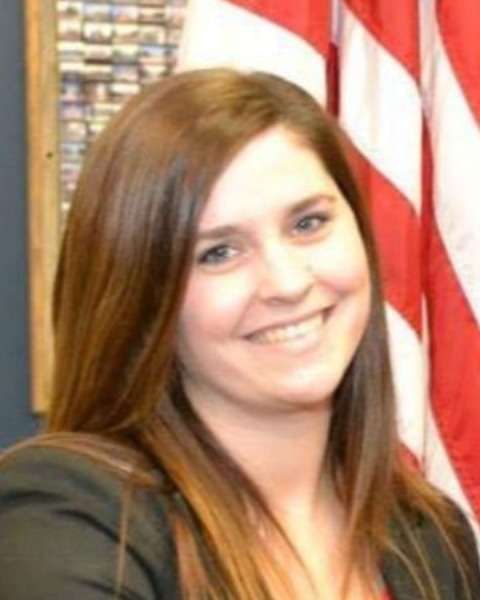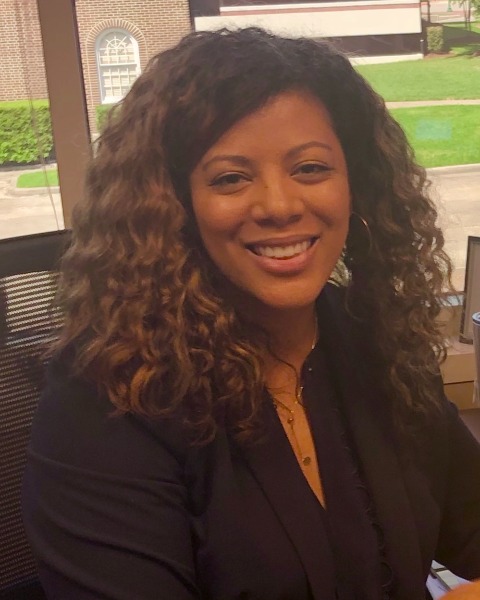Back
Case Study
Too Young to Tell: Investigation and Prosecution of Abusive Head Trauma (REPEAT)
Thursday, August 11, 2022
10:15 AM – 11:30 AM CDT
Room: Lone Star C3-C4
CE: 1.25
75 minutes
Intermediate
Law Enforcement, Prosecutor, Victim Advocate, Medical, CPS, CAC
Intermediate
Law Enforcement, Prosecutor, Victim Advocate, Medical, CPS, CAC

Brittany Hansford
Montgomery County District Attorney's Office

Lisa Stewart
Montgomery County District Attorney's Office
Primary Presenter(s)
Co-Presenter(s)
A three-month-old boy was clinging to life after losing consciousness while in the care of his father. He had a severe brain bleed, too many retinal hemorrhages to count, had to be intubated, and the only person who knew what happened was his father. His injuries were not consistent with his dad’s story of choking on formula. This resilient child survived because of the heroic work of first responders and medical personnel. He was too young to tell us what happened and for us to determine the long-term effects of his injuries. In this case study, you will learn the process of investigating child abuse with victims that are too young to make an outcry. This will include interview techniques, recognizing false history given by caregivers, and understanding medical findings associated with abusive head trauma. You will also learn tips for presenting medical testimony, trial strategies, and persuasive punishment arguments in non-fatal child abuse cases. See this link for more information.
Learning Objectives:
- Develop investigative techniques for investigating child abuse with a victim that is incapable of outcry.
- Understand the gravity and impact of abusive head trauma in children.
- Present complex medical and investigative evidence in persuasive ways.
